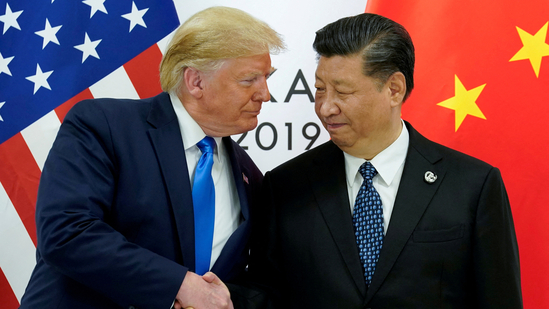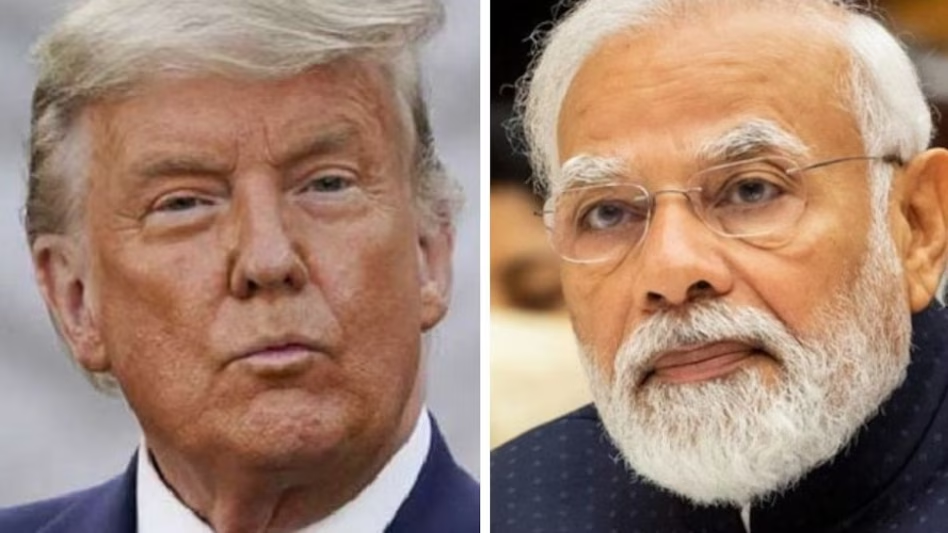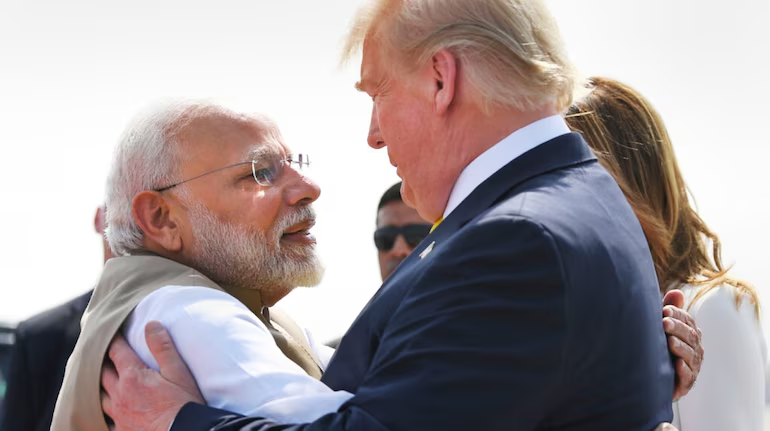Introduction:
India Trade is preparing for a significant economic development — a limited agreement with the United States likely to be finalized within 90 days. This step follows President Donald Trump’s announcement of a temporary pause on increased tariffs. According to sources, India is focusing on a three-part strategy to boost its global partnerships while protecting local industries. The expected agreement may include non-sensitive items, along with possible import duty cuts. This move aims to balance international cooperation with domestic interests, strengthening India’s role in the global economy.
Recent news

Trump Hits China with 125% Tariffs, Markets React Fast

Trump Announces 90-Day Tariff Pause for All Countries Except China: Markets Soar Amid Trade Shift
Why Now?
The relationship between India and the US has experienced fluctuations. With recent pressure on tariffs and global supply chain shifts, New Delhi is looking to create a buffer through this agreement.
The 90-day window aligns with the US tariff pause, giving India a critical period to act. This initiative is seen as a way to: Trade
- Avoid further policy pressure from Washington
- Maintain smooth export channels
- Present India as a reliable economic partner Trade
What’s Included in the Deal?
Initial discussions suggest the scope will cover essential goods and less sensitive categories that do not threaten India’s key industries.
Likely inclusions:
- Agricultural imports
- Industrial equipment
- Medical and technology supplies
India may also reduce import duties on selected American products, making them more accessible in the local market. Trade
India’s Three-Part Strategy
1. Secure the Agreement
Finalizing the deal is top priority, ensuring continued cooperation with the US while avoiding potential tariff hikes.
2. Support Domestic Producers
The government plans to carefully exclude vulnerable sectors from this agreement. This ensures that homegrown industries continue to thrive and are not exposed to sudden competition.
3. Broaden Global Engagement
India is also using this moment to signal openness to other economic partnerships, reinforcing its position as a forward-looking, business-friendly nation. Trade
Benefits at a Glance
- Boosted exports with fewer barriers
- Investor confidence from predictable policy environment
- Affordable imports for consumers and businesses
- Strengthened global profile for India’s economy

Possible Challenges
Despite the optimism, some obstacles remain:
- Internal policy delays
- Resistance from industry groups
- Shifting global political dynamics, especially in an election year in the US
India must remain cautious, ensuring national interests are not compromised in pursuit of quicker outcomes. Trade
Conclusion
This potential agreement between India and the US represents more than just policy — it’s a strategic shift. If executed well, it can strengthen diplomatic ties, provide economic relief, and establish India as a leader in balanced global cooperation. With a careful, steady approach, the next 90 days could mark a pivotal turn in international relations. Trade
Disclaimer:
All content on Money Flow Insight is intended for educational and informational purposes only. We do not offer financial, investment, or trading advice. Readers are advised to consult with a certified financial advisor before making any investment decisions. Money Flow Insight is not responsible for any financial losses.





2 thoughts on “India Likely to Sign Partial US Trade Deal in 90 Days”